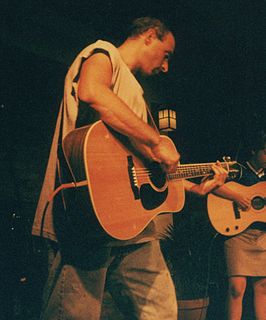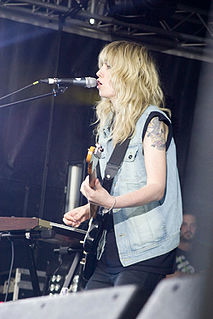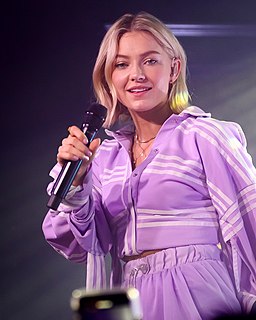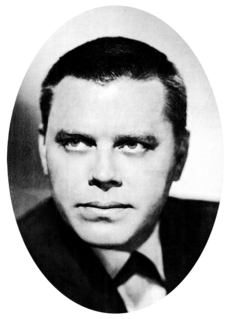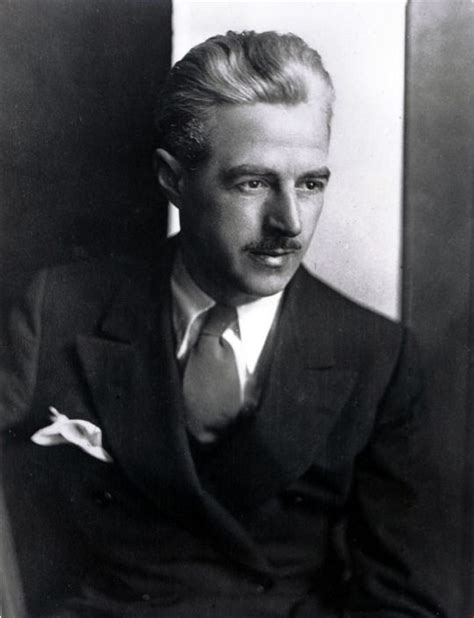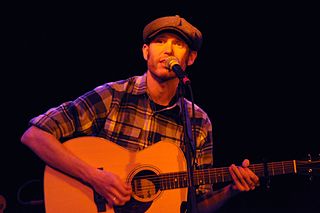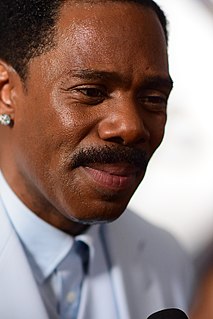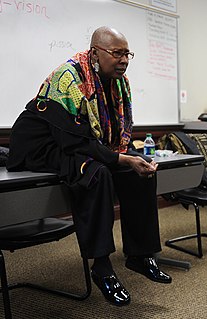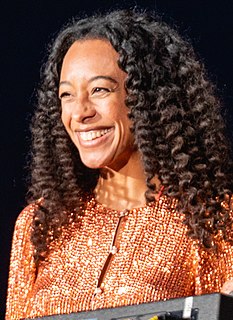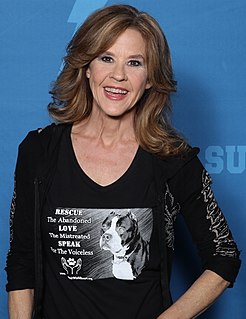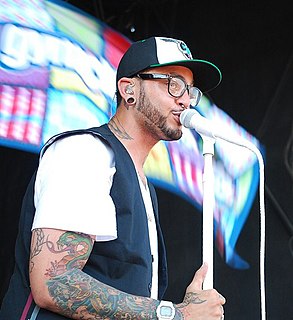A Quote by Billy Joel
I had a melody and a rhythm and chords, but nothing to talk about. I remember reading about how the decline of the steel industry had been affecting the Lehigh Valley, and I decided that's what I was going to write the song about.
Related Quotes
Every time I write a song, it's different. I'm all about the rhythm of the words and the melody. Musically, you gotta have a throbbing pulse going. But as far as what it's all about, there's a million ways to go. You have to invent a new code for every song. Then you have to break it. It's like Scrabble or a crossword puzzle on steriods. I could talk about the process for days. But it's never dull and there's no one way in.
I remember writing a song when I was about 15. This is the one I can remember. I know I'd been writing poetry for a long time, since I was about eight, but I remember my first one that I put to chords. I was really trying to be like the psychedelic era Beatles, I was obsessed. All I could think about was Beatles and Hendrix. So I tried to write a psychedelic song, and it was the worst. I couldn't even... If I read it now - I still have the book somewhere - it makes me cringe out loud. It was just about psychedelic stuff.
I know absolutely nothing about where I'm going. I'm fine with that. I'm happy about it. Before, I had nothing. I had no life, no friends, and no family really, and I didn't really care. I had nothing, and nothing to lose, and then I knew loss. What I cared about was gone; it was all lost. Now I have everything to gain; everything is a clean slate. It's all blank pages waiting to be written on. It's all about going forward. It's all about uncertainty and possibilities.
I don't really have a set-in-stone process or formula. Sometimes the melody is there and I have to chase down the lyrics. Sometimes, the song is there and I have to make the melody fit. What I've learned so far about songwriting is that I can't force a song. If I try to do that, it's hollow, and people know a hollow song when they hear it. It's the song they stop listening to and forget about. I'd prefer not to write those kinds of songs.
I hired a publicist once I got cast in 'Passing Strange,' and one of the first conversations we had was about how I wanted to handle talking about my sexuality. I said, 'It's never been an issue for me. I want to talk about my work, but if something about myself relates to my work, of course I'll talk about it.'
My wonderful editor, Jackie Onassis, asked me to write a book that I wanted to write. I said, 'Look, it's not going to be scandalized. I'm not going to talk about anybody like a dog. I'm going to say the positiveness of my life, and talk about those who have contributed to the way I've been going, and that's that.'
I'm a product of state schools. I had a working-class family. We had no books. I was the first to go to college. But I didn't really think about it, or about making money. I was just going to be an artist, and I've been fortunate. I've never had to work for anybody nor have I had to write for money. Maybe that's another reason that I've been able to be productive. I haven't had to use my writing to make a living.
I had not been involved in any way in planning the event in Mobile. My staff maybe, had really been contacted, but I had never talked to Donald Trump about him coming to Mobile, and I decided - I had something else to do but it became so clear that it was going to be such a big event that I should be there. And he had already adopted my immigration views, in large part, and he was saying things I thought were valuable, about immigration.
I remember wanting to write a book with someone, the someone being Kate [DiCamillo], and we decided to write about two friends. We had no idea how to begin this project - neither of us had ever collaborated with another writer - and I'm pretty sure that we began by giving our two friends a sock, just to see what they'd do with it. And it went from there.

